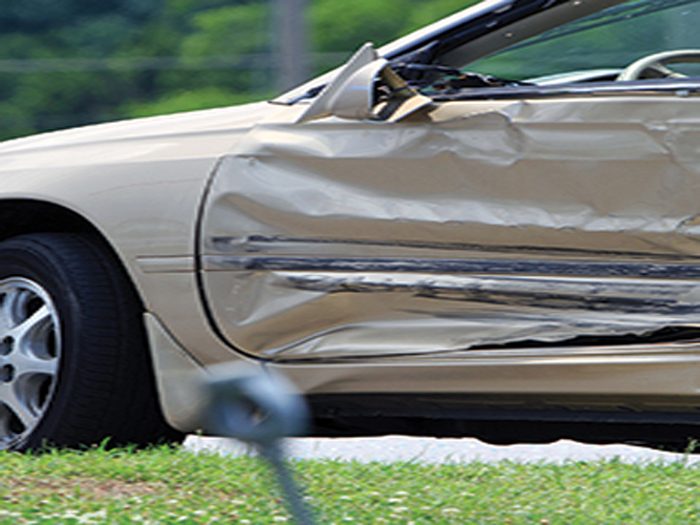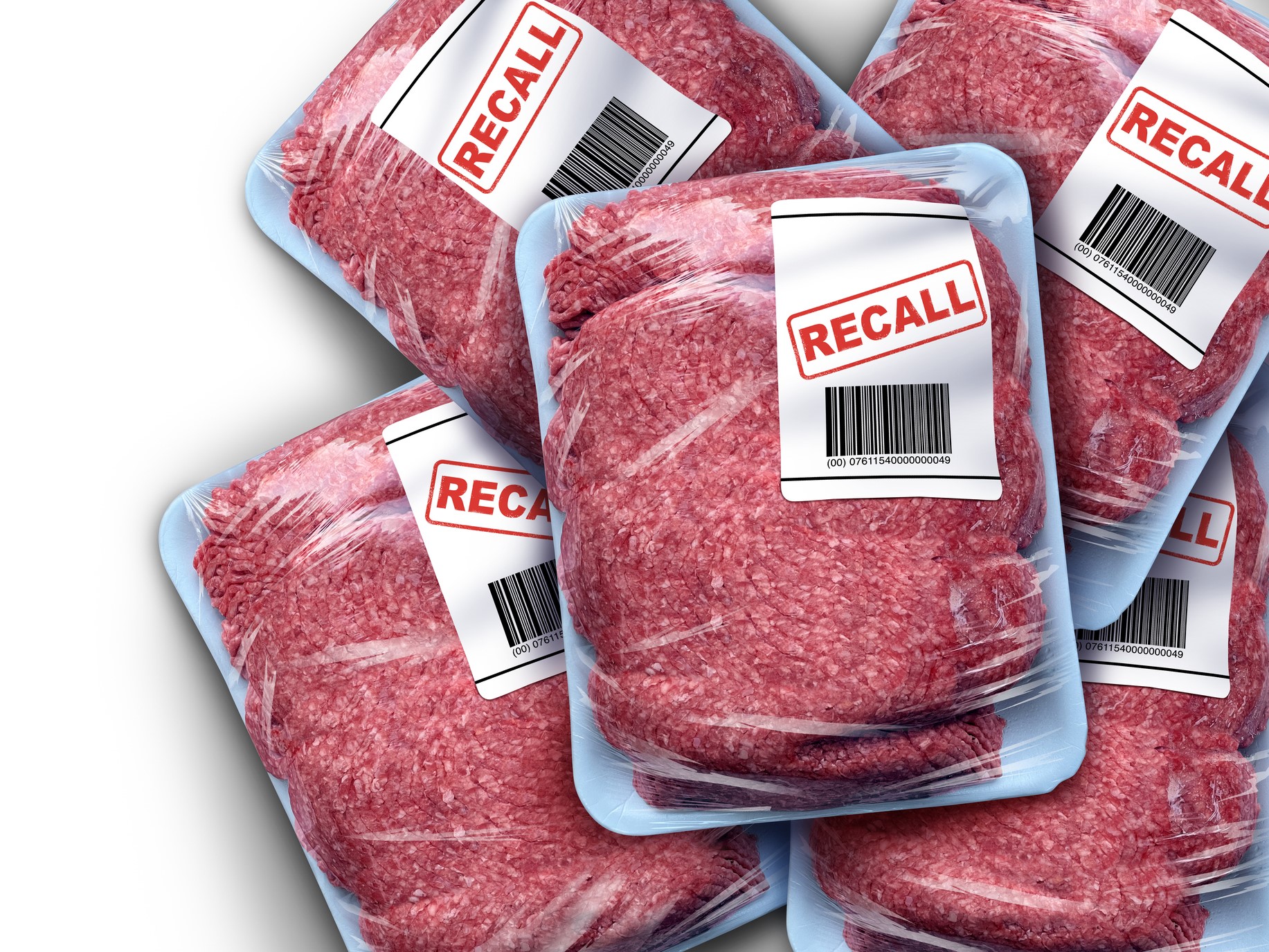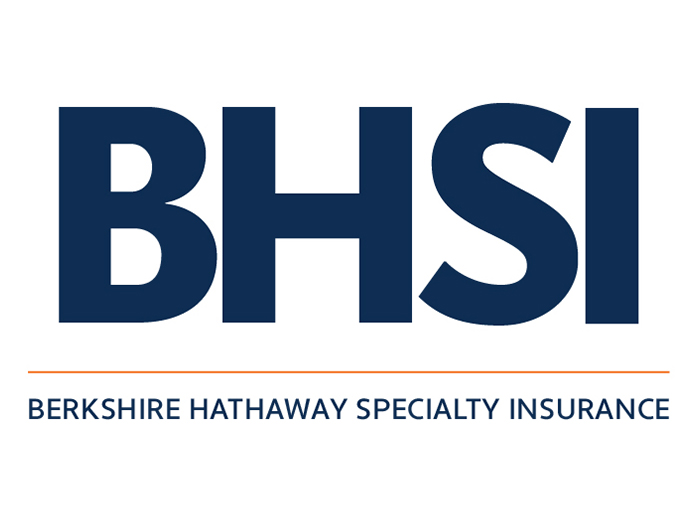In Heated Insurance Battle, U-Haul Off the Hook in Auto Scam Case

Tim Carter rented a U-Haul truck. As part of that transaction, the two parties entered into a rental contract agreement that provided Carter with liability insurance coverage.
While driving, Carter hit another vehicle carrying four people. But don’t worry too much — the whole accident was planned.
U-Haul’s claims handler reviewed the incident and upon investigation, received a signed statement from Carter admitting the collision was staged for the purpose of submitting fraudulent insurance claims for profit.
The other car’s passengers brought forth a personal injury lawsuit against U-Haul and its carrier Arcoa Risk Retention Group Inc., but because they had Carter’s confession, they denied coverage.
That didn’t stop the four from the other car; they filed a personal injury action against Carter and U-Haul, alleging Carter collided with their vehicle after failing to stop at a stop sign.
U-Haul filed counterclaims against the four and cross claims against Carter for fraud and civil conspiracy. It submitted Carter’s written confession as evidence. Then, U-Haul further filed for declaratory judgment that it had no duty to defend Carter under the rental contract agreement he signed upon leasing its truck.
In response, the four dismissed their claims against U-Haul with prejudice, but continued with their claims against Carter. In that suit, the trial court awarded the four nearly $140,000 after finding Carter negligent.
The four went further. They filed a motion for summary judgment in the declaratory judgment action U-Haul had made against Carter. Here, the four said they were entitled to judgment in their favor, because Carter had been found negligent in their personal injury suit.
But the court said no dice: “Respondents’ motion for summary judgment does not establish a legal right to a judgment that U-Haul and Arcoa have a duty to indemnify under the terms of the specific policies.”
Scorecard: U-Haul is not responsible for coverage in the personal injury action brought forth by auto-crash scammers.
Takeaway: If made aware of fraudulent activities, the best course of action would be to take legal action first to avoid getting caught further in a schemer’s web.








